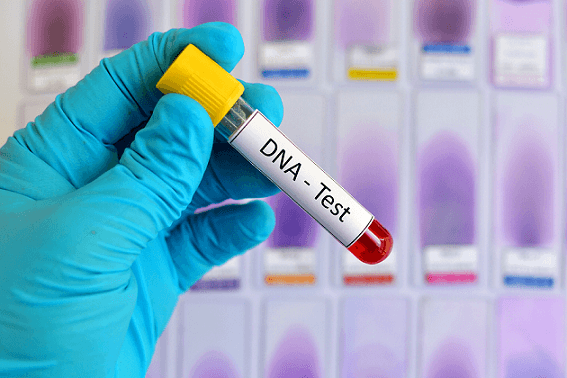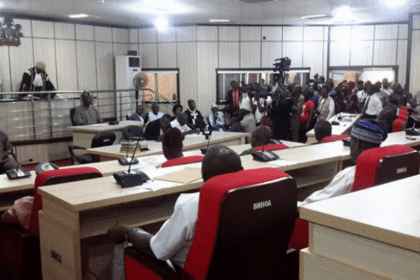A new report by Smart DNA Nigeria has revealed that 25 percent of paternity tests conducted in the country between July 2024 and June 2025 returned negative, meaning one in four men tested were not the biological fathers of the children in question.
The Lagos-based genetic testing company said the figure, though slightly lower than last year’s 27 percent, underscores a “worrying and consistent trend” in paternity disputes across Nigerian households.
In its 2025 Annual DNA Testing Report released this week, the firm linked the findings to deeper issues of trust, family stability, and legal gaps.
Elizabeth Digia, operations manager at Smart DNA, said the data goes beyond laboratory results.
“Our role is to provide certainty through accurate testing while encouraging sensitive handling of the life-changing information our clients receive,” she explained. “This is not just about science, but also about the emotional, legal, and economic tensions facing families.”
The report noted that firstborn children, especially boys, were more likely to be excluded, with firstborn sons recording a 64 percent exclusion rate.
It also highlighted a surge in immigration-related DNA testing, now accounting for 13.1 percent of all cases — a rise attributed to the ongoing Japa emigration wave.
“Many of our clients are dual-citizenship families processing DNA documentation for children, often as part of long-term emigration plans,” the report stated.
According to the data, men initiated 88.2 percent of all tests, with nearly half requested by those aged 41 and above. Children between ages 0 and 5 represented 58.6 percent of samples, indicating that parents increasingly seek early clarity.
Lagos remained the hub of DNA testing, representing 69 percent of all cases. However, demand is shifting from the Mainland to the Island, with Lekki, Yaba, Ajah, and Ikorodu leading in requests.
Yoruba families made up 53 percent of the test population, followed by Igbo at 31.3 percent. Hausa participation was just 1.2 percent, which the report linked to cultural reluctance in some regions.
Most tests 83.7 percent were done for “peace of mind,” while only 1.4 percent were court-mandated. Boys made up 53.8 percent of the children tested, a reflection, the company suggested, of cultural emphasis on male lineage.
The report called for urgent legal reforms, warning that Nigeria currently lacks laws addressing paternity fraud, unlike countries such as South Africa.
Smart DNA stressed that its data reflects actual test cases and should not be generalised.
“Our figures reflect those who already had reason to question paternity,” the company clarified.





